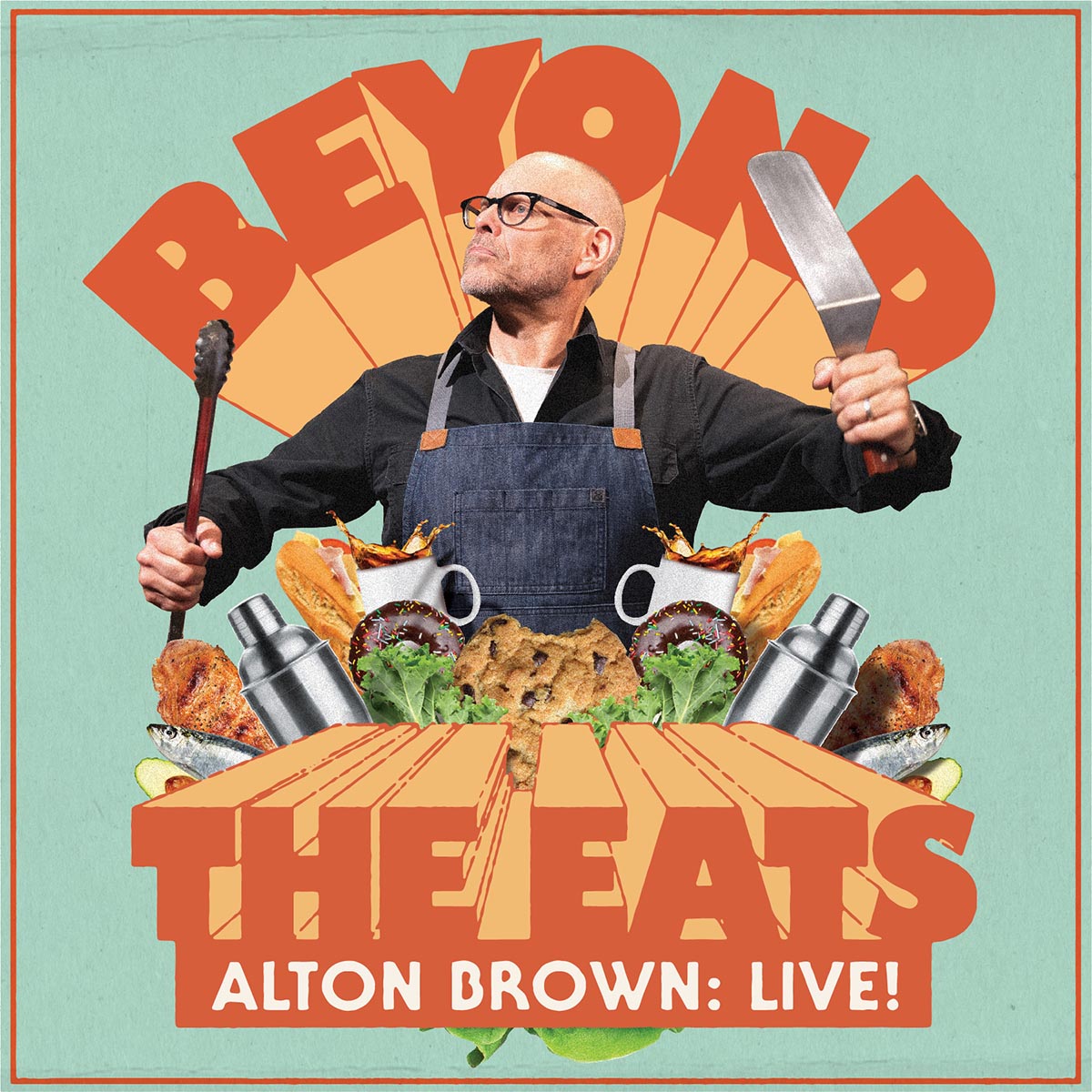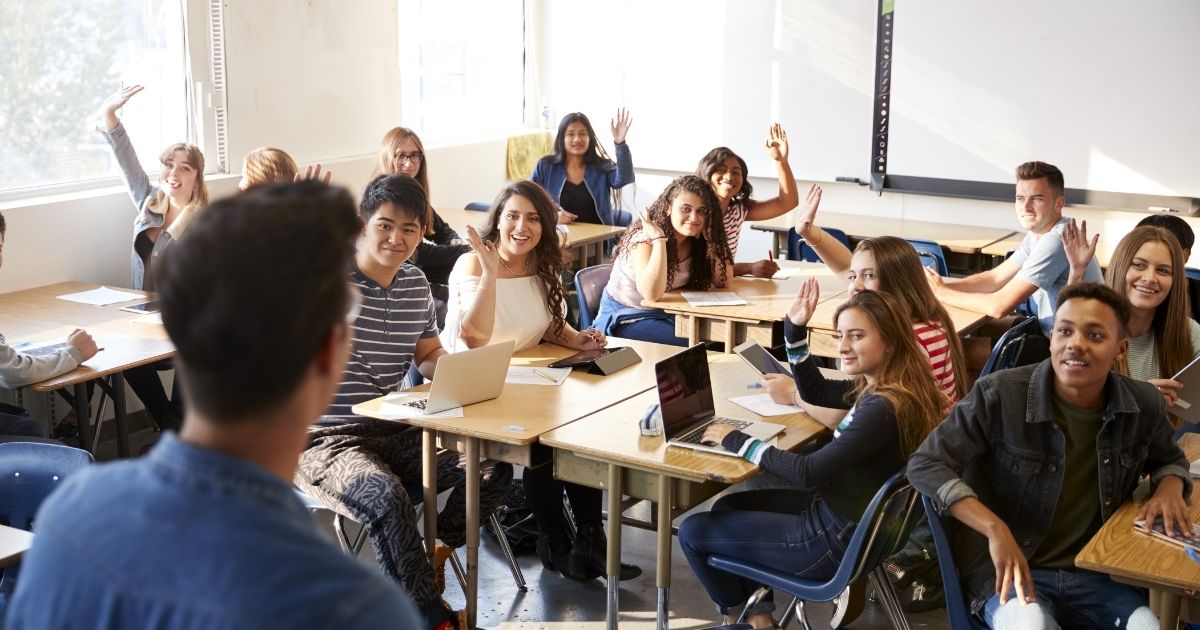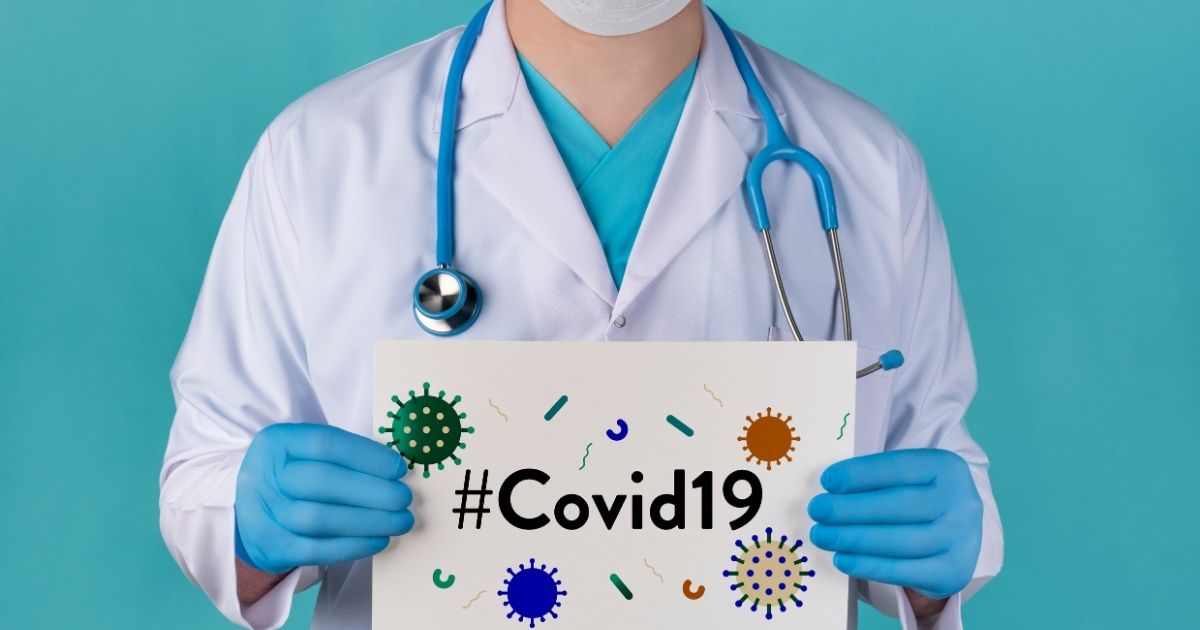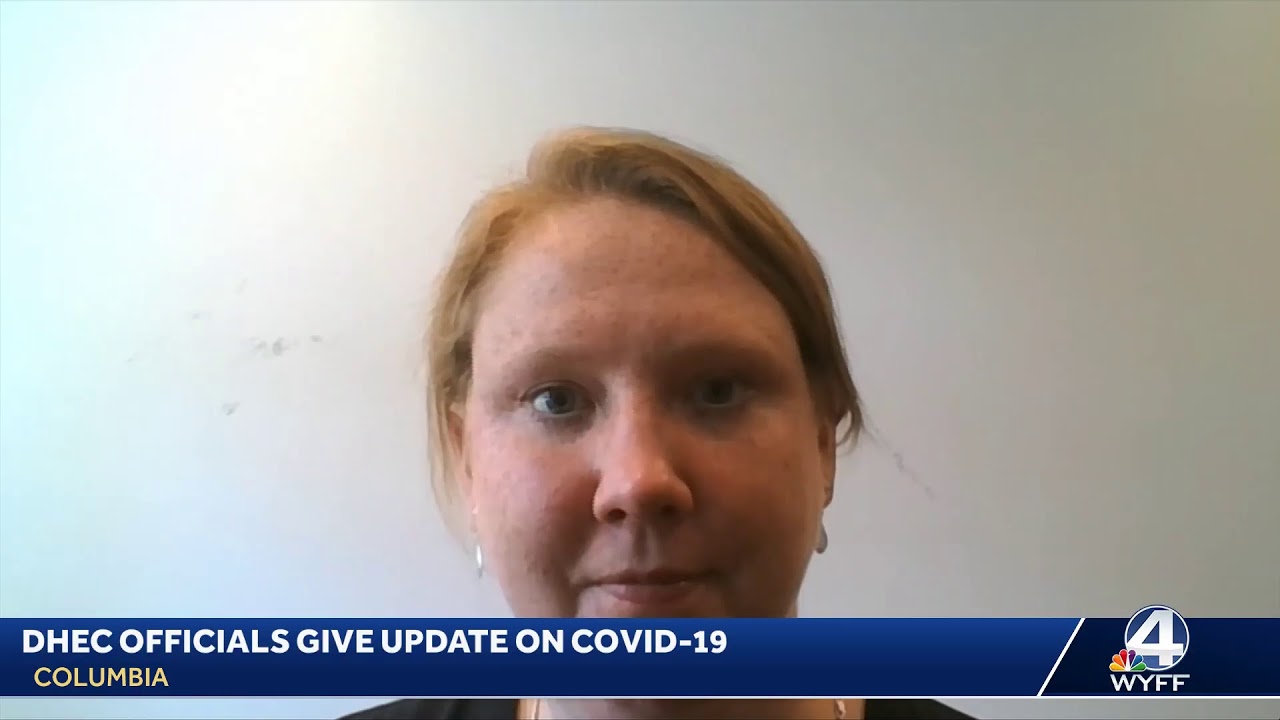Advertisement
Doctors explain why mouthwash doesn’t really protect you against the coronavirus
A new study suggests that mouthwash may help inactivate human coronaviruses.However, the coronaviruses tested did not include SARS-CoV-2 (which causes COVID-19) and was done in a lab rather than on humans.Doctors offer more practical approaches to preventing COVID-19 infection.Swish, spit, and…bulletproof your immune system? Headlines are buzzing about a new study that suggests mouthwash may provide an additional level of protection against coronaviruses. But could you really fight gingivitis and COVID-19 simultaneously? Turns out, only one of those results is getting approval by health experts.First, let’s look at the study. Published in the Journal of Medical Virology, the research noted that common over-the-counter nasal rises and mouthwashes were tested in a lab for their ability to inactivate high concentrations of human coronaviruses — a large family of viruses that can cause respiratory infections and cold symptoms, among other issues.According to the Centers for Disease Control and Prevention, most people get infected with one or more of these viruses at some point in their lives. But these are different from the novel coronavirus, SARS-CoV-2, which is responsible for the COVID-19 pandemic.For the recent study, researchers used several products — including a baby shampoo and numerous popular mouthwash brands — with contact times of 30 seconds, one minute, and two minutes. They found that many of the products were highly effective at inactivating infectious virus samples even at the shortest timeframe.That said, the study and its findings have numerous caveats.Not only did the coronaviruses tested not include SARS-CoV-2, but the work was also done in a lab rather than on humans, so the strategy may not even be effective for knocking out common cold viruses, according to Dr. Carlos Malvestutto, an infectious diseases expert at Ohio State University’s Wexner Medical Center.“If an uninfected person gargles with mouthwash in the morning, one could expect that the mouth may be free of specific coronaviruses for a period of time, but that’s likely about 10 minutes,” he says. “Any protective effect would be gone as soon as the hydrogen peroxide or ethanol in the mouth evaporates. It’s hard to see what sort of practical use this may have.”Basically, he adds, you would need to gargle mouthwash every 15 minutes to see any type of virus-fighting effect. Not exactly a practical approach. He offers a much better solution for prevention: Wear a mask when you go out in public and keep washing your hands frequently and thoroughly.Video below: Which masks work best? Although studies could be done outside the lab, and especially with COVID-19 patients to see if mouthwash helps clear infection faster, Dr. Malvestutto still finds it extremely unlikely that it would have a clinically significant effect.Also, viruses don’t live only in the mouth, adds Dr. David Erstein, allergist and immunologist at Advanced Dermatology PC in New York. “This is an interesting study, but COVID and similar viruses are transmitted in other ways, such as through nasal passages and even via eyes, so it’s probably not that practical,” he says. However, mouthwash does have plenty of evidence behind it in terms of a specific benefit. “For gingivitis, use mouthwash,” says Dr. Erstein. “Otherwise, it’s a false sense of security.”
- A new study suggests that mouthwash may help inactivate human coronaviruses.
- However, the coronaviruses tested did not include SARS-CoV-2 (which causes COVID-19) and was done in a lab rather than on humans.
- Doctors offer more practical approaches to preventing COVID-19 infection.
Advertisement
Swish, spit, and…bulletproof your immune system?
Headlines are buzzing about a new study that suggests mouthwash may provide an additional level of protection against coronaviruses. But could you really fight gingivitis and COVID-19 simultaneously? Turns out, only one of those results is getting approval by health experts.
First, let’s look at the study. Published in the Journal of Medical Virology, the research noted that common over-the-counter nasal rises and mouthwashes were tested in a lab for their ability to inactivate high concentrations of human coronaviruses — a large family of viruses that can cause respiratory infections and cold symptoms, among other issues.
According to the Centers for Disease Control and Prevention, most people get infected with one or more of these viruses at some point in their lives. But these are different from the novel coronavirus, SARS-CoV-2, which is responsible for the COVID-19 pandemic.
For the recent study, researchers used several products — including a baby shampoo and numerous popular mouthwash brands — with contact times of 30 seconds, one minute, and two minutes. They found that many of the products were highly effective at inactivating infectious virus samples even at the shortest timeframe.
That said, the study and its findings have numerous caveats.
Not only did the coronaviruses tested not include SARS-CoV-2, but the work was also done in a lab rather than on humans, so the strategy may not even be effective for knocking out common cold viruses, according to Dr. Carlos Malvestutto, an infectious diseases expert at Ohio State University’s Wexner Medical Center.
“If an uninfected person gargles with mouthwash in the morning, one could expect that the mouth may be free of specific coronaviruses for a period of time, but that’s likely about 10 minutes,” he says. “Any protective effect would be gone as soon as the hydrogen peroxide or ethanol in the mouth evaporates. It’s hard to see what sort of practical use this may have.”
Basically, he adds, you would need to gargle mouthwash every 15 minutes to see any type of virus-fighting effect. Not exactly a practical approach. He offers a much better solution for prevention: Wear a mask when you go out in public and keep washing your hands frequently and thoroughly.
Video below: Which masks work best?
Although studies could be done outside the lab, and especially with COVID-19 patients to see if mouthwash helps clear infection faster, Dr. Malvestutto still finds it extremely unlikely that it would have a clinically significant effect.
Also, viruses don’t live only in the mouth, adds Dr. David Erstein, allergist and immunologist at Advanced Dermatology PC in New York. “This is an interesting study, but COVID and similar viruses are transmitted in other ways, such as through nasal passages and even via eyes, so it’s probably not that practical,” he says.
However, mouthwash does have plenty of evidence behind it in terms of a specific benefit. “For gingivitis, use mouthwash,” says Dr. Erstein. “Otherwise, it’s a false sense of security.”











